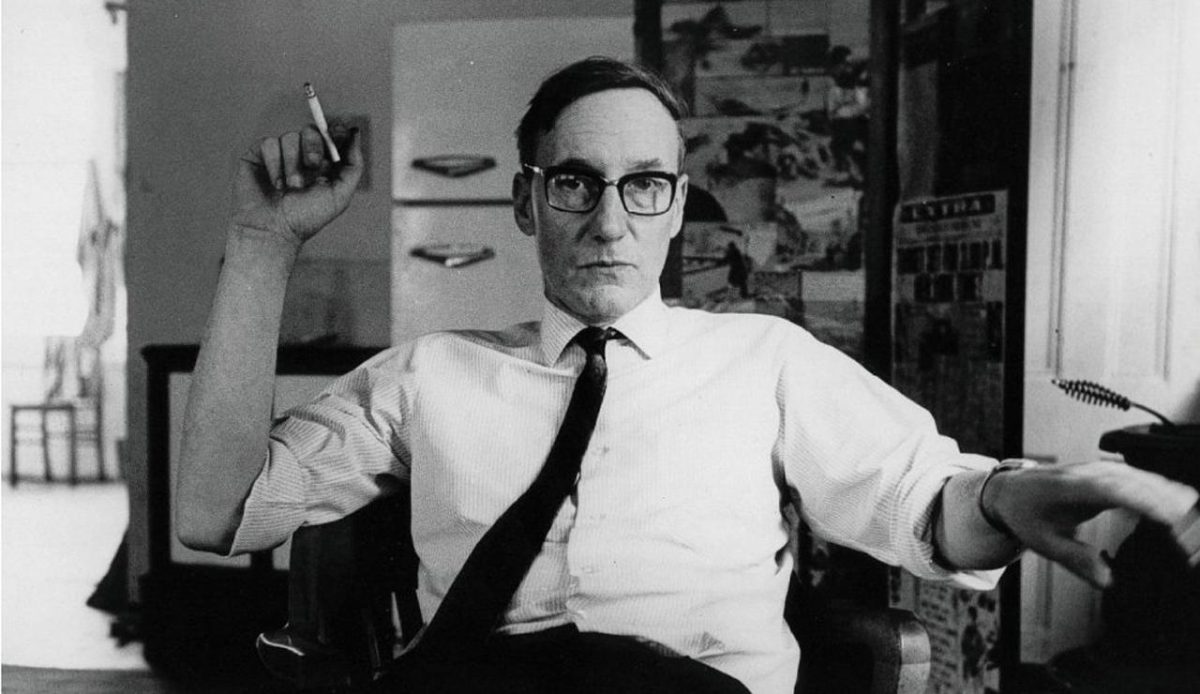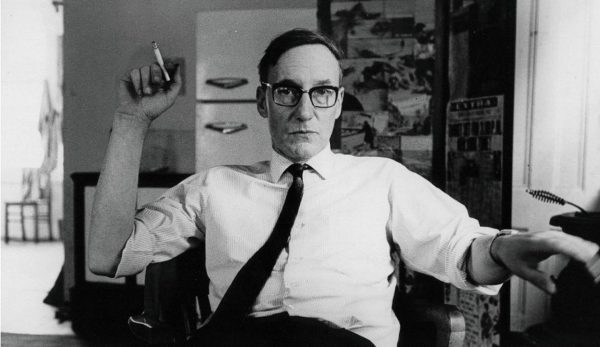Stephen Hawking Predicts the End of Earth

November 21, 2016
Renowned theoretical physicist and Cambridge professor Stephen Hawking has given human life on Earth a deadline. In his speech on Tuesday at Oxford University, Hawking predicted that humans have about 1,000 years before we need to colonize another planet. He believes that the Earth’s end will be hastened by humanity because we will use up all our natural resources at an unsustainable rate and will usher in the next mass extinction. This is not the first warning that Hawking has given us. Over the years, in many interviews, he has talked about topics such as nuclear war, air pollution, carbon dioxide emissions, and overpopulation and how they will lead to the destruction of Earth.
Hawking is encouraging scientists everywhere to start looking for a new home planet for humanity. Since 2009, NASA has been actively looking for Earth-like planets. Using the Kepler Space Telescope, they have discovered 4,600 possible options and another 2,300 confirmed livable planets. The first exoplanet, or a planet that orbits a star outside of our solar system, was found in 1995. 100 exoplanets were found before the launch of the Kepler in 2009. The telescope finds planets by waiting for tiny dips in light emitted from stars, indicating that a planet is passing in front. If Hawking prediction comes true, one of these planets may be our new home.
Hawking’s speech was not limited to just the destruction of our home planet. He also discussed the Einstein’s theory of relativity, and M-theory, which is a theory that combines all the elements of quantum theory in the context of how the universe began. He also talked about the effect of time on the universe. The main issue of his speech was to figure out if it is possible for there to be a creator of the universe. Hawking never reached a definite conclusion on this question, simply because of all the factors of the universe’s creation and how our view on things such as time affect the way you perceive things.
Despite his ominous warnings of the end of all days, Hawking ended his speech with an encouraging thought. “Remember to look up at the stars and not down at your feet. Try to make sense of what you see, wonder about what makes the universe exist. Be curious. However difficult life may seem, there is always something you can do and succeed at. It matters that you don’t just give up.”




































